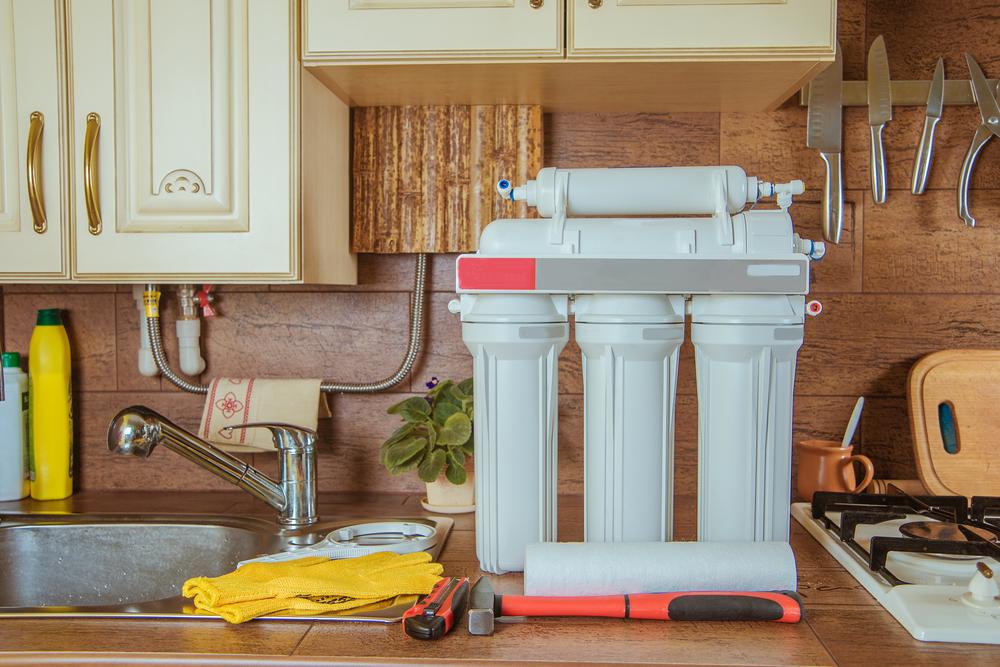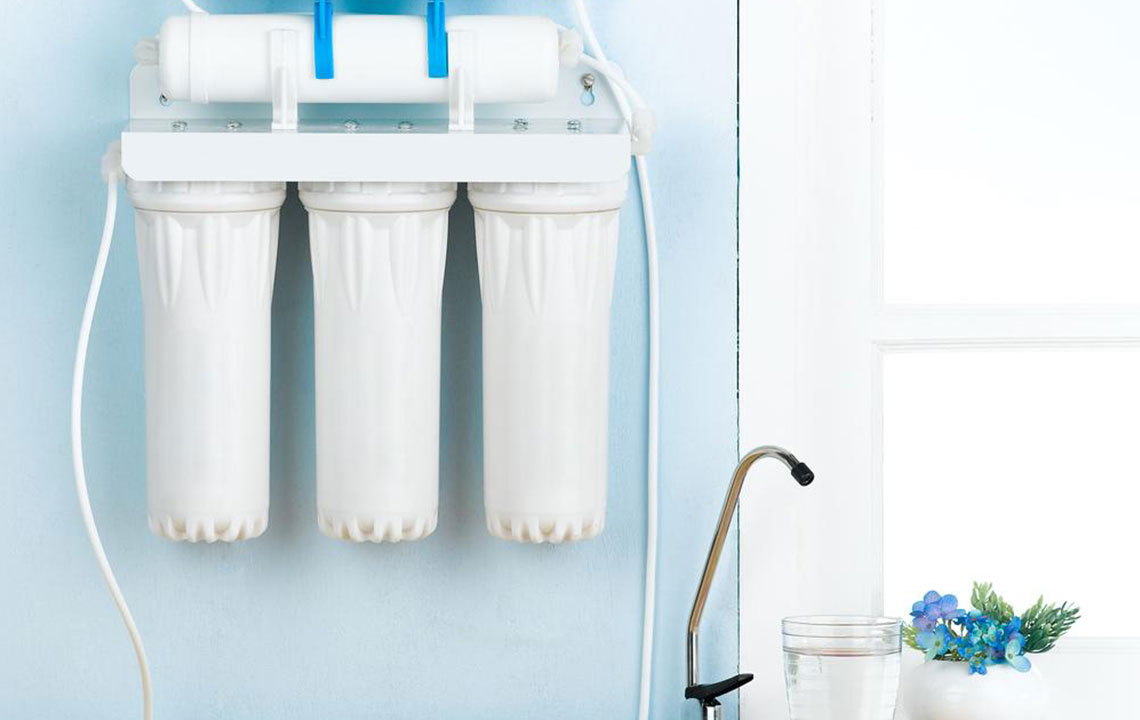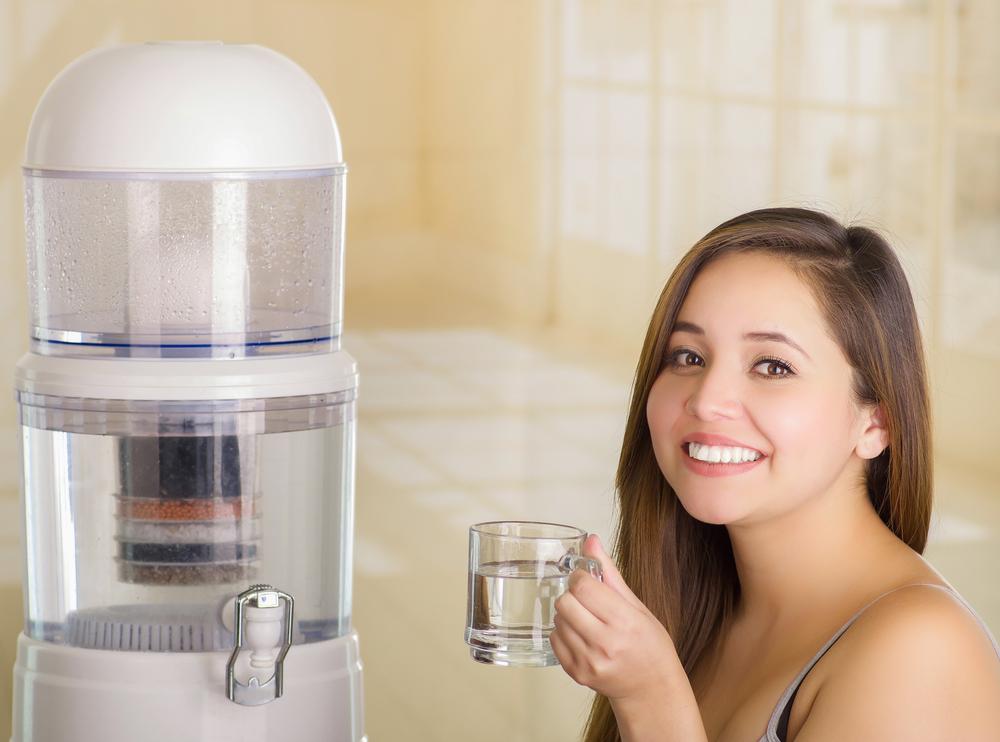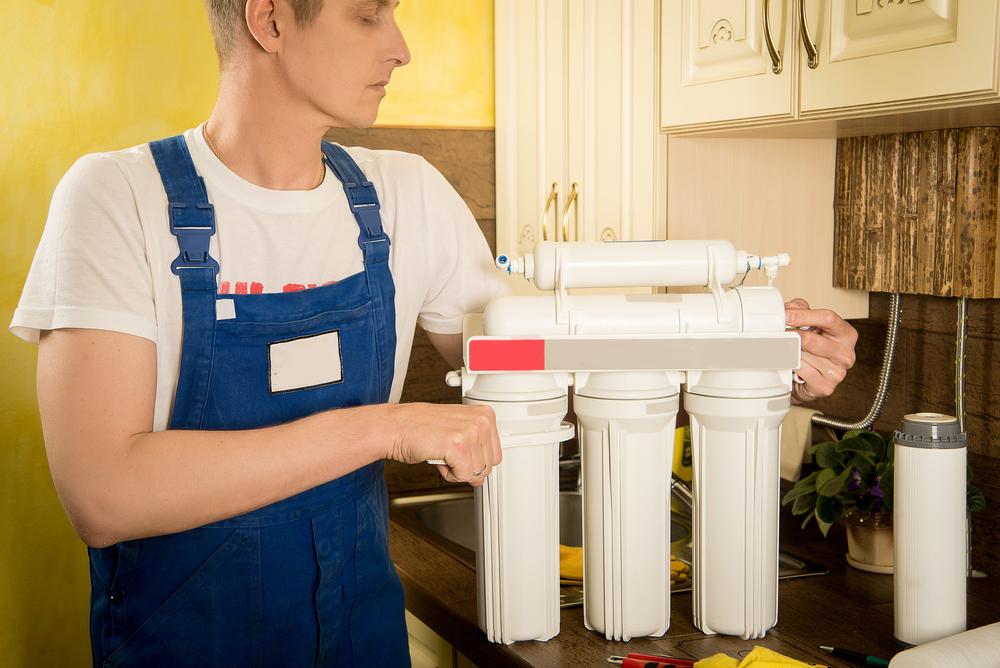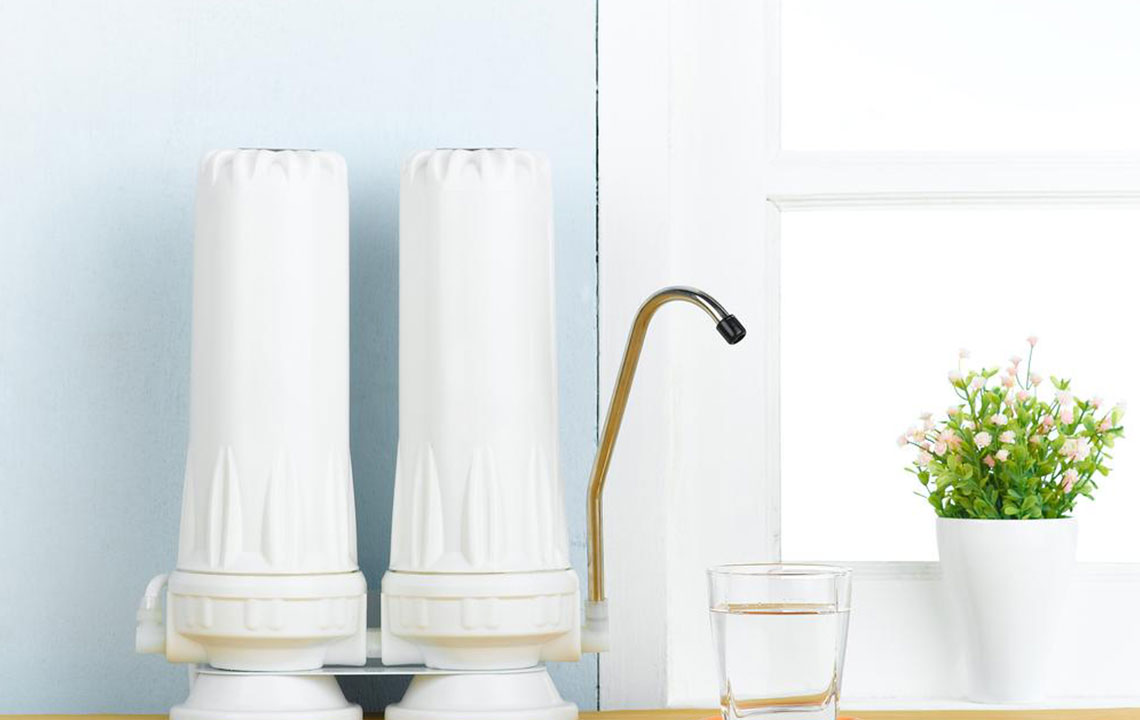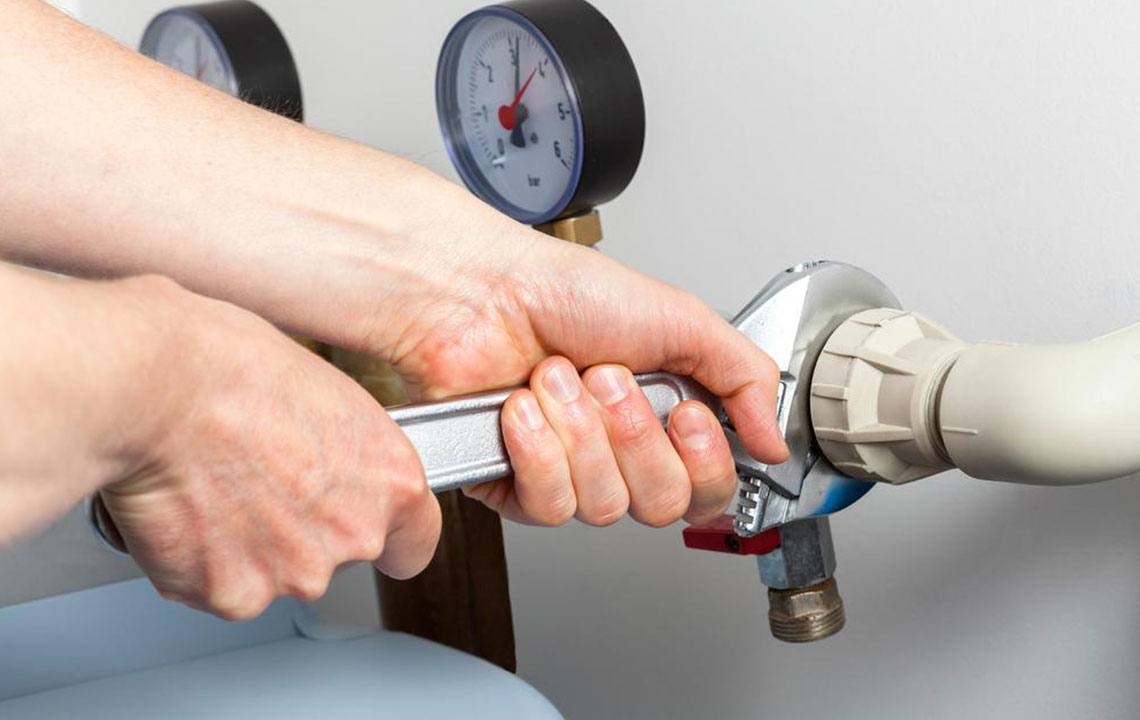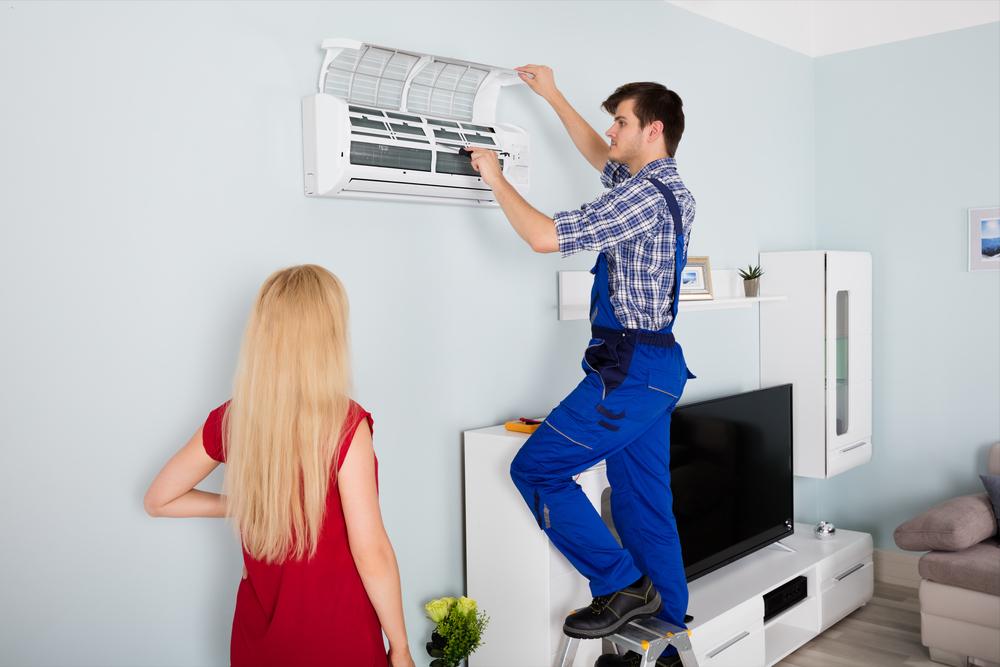Essential Guidelines for Choosing the Perfect Water Softener
Learn essential tips for selecting the right water softener, including assessing water hardness, capacity, filtration needs, budget considerations, and maintenance requirements to ensure optimal water quality and appliance protection.
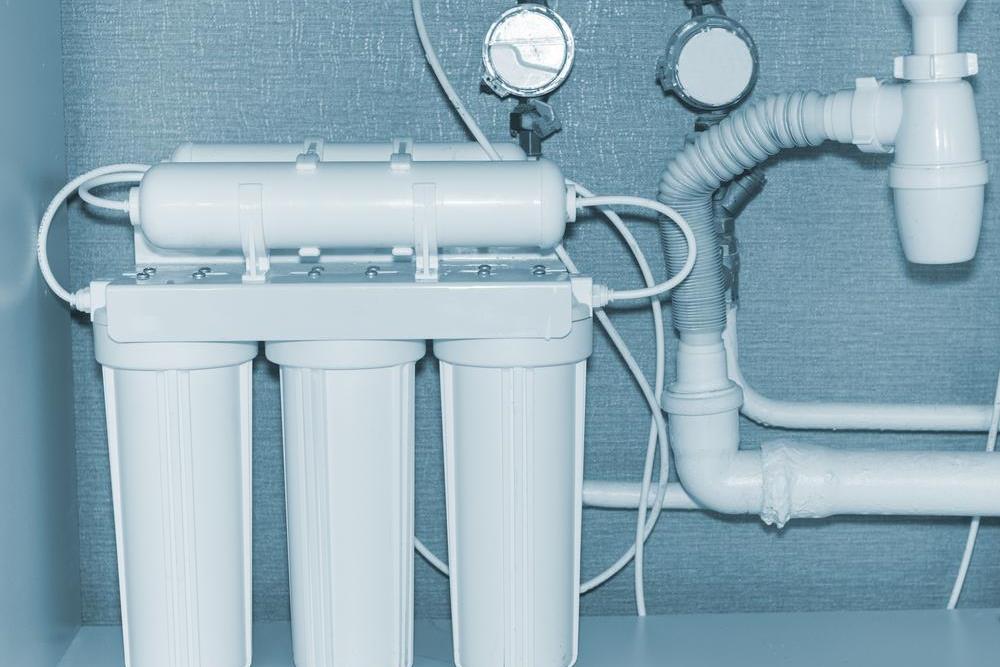
Choosing the Ideal Water Softener: Essential Tips
Hard water poses challenges nationwide, leading to skin issues and damaging water-dependent appliances. To combat this, water softeners are an effective solution. If you're planning to purchase one, here are key tips to help you select the best model for your needs.
Assess Water Hardness
Determining your water’s hardness level is crucial before choosing a water softener. You can:
Review USGS water hardness maps for your area
Use a TDS testing kit to measure hardness at home
Consult professionals for comprehensive water analysis reports
This information guides you in selecting a water softener with appropriate power and capacity.
Evaluate Daily Water Usage
The softener's grain capacity determines how much water it can process. For small households with two bathrooms, a capacity exceeding 20,000 grains is suitable. Larger families should opt for models with capacities over 30,000 grains. Matching the softener size to your water consumption ensures optimal performance.
Consider Filtration Options
If you require purified water for cooking or drinking, consider softeners integrated with filtration systems. These units provide both water softening and purification, ensuring safe, clean water.
Set your Budget
Higher-capacity softeners generally cost more but offer greater durability and efficiency. Since water softeners are a long-term investment, it's advisable to choose a quality, high-capacity unit, with the average installation costing around $1,500.
Account for Maintenance
Proper upkeep extends the lifespan of your softener. Regularly check and replenish salt levels, and clean the resin bed once or twice a year. Professional servicing might add to costs but can ensure your system runs smoothly.
Follow these guidelines to select the best water softening system suited to your household needs.
Note:
Our blog covers a wide range of topics providing valuable and practical insights. While we strive for accuracy, readers should verify information independently. The website is not responsible for discrepancies or updates in data or offers available elsewhere. Be aware that some promotional schemes or discounts may not be reflected here.

